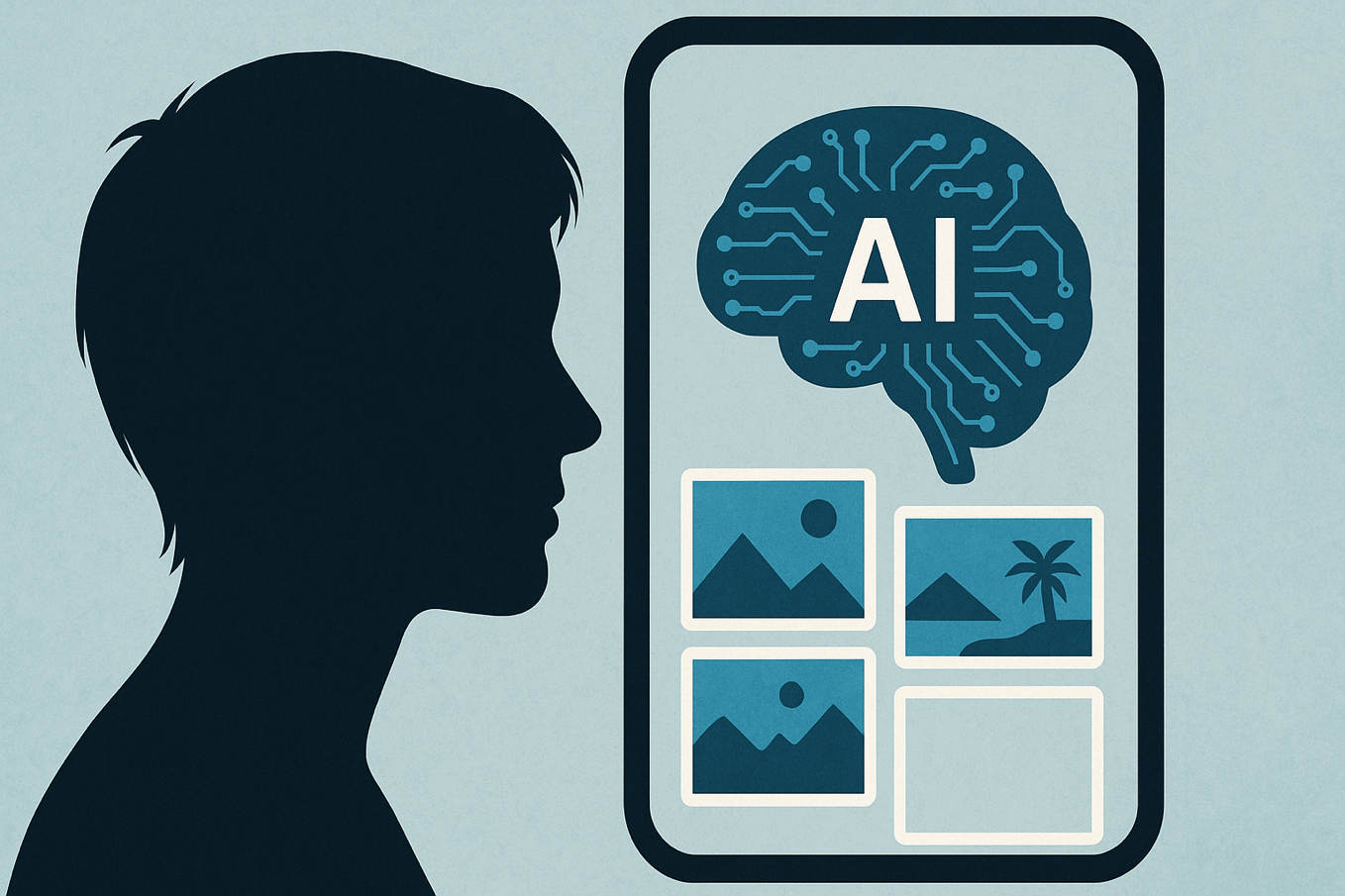Meta, Facebook’s parent company, wants to enhance its AI capabilities by asking users for permission to access their camera rolls. This new feature creates personalized AI-generated content — collages and themed recaps — using photos that users haven’t even uploaded yet. However, granting Meta this level of access raises questions about privacy and data usage.
What’s Happening & Why This Matters
For years, Facebook has mined publicly shared posts, photos, and comments to train its AI models. Now, Meta AI is testing a bold step: requesting access to users’ private camera rolls on their phones. When users try Facebook’s “Story” feature, they see a pop-up asking them to opt into “cloud processing.” If they agree, Meta uploads photos from the camera roll continuously to its servers.
With this data, Meta’s AI can analyze facial details, locations, and other metadata to suggest new content. This includes AI-enhanced photo retouching and automatic collages for special occasions, such as birthdays or graduations. The feature is currently available only in the US and Canada as part of a test.

This level of access has sparked backlash on platforms like X, Bluesky, and Reddit. Many users worry about privacy and how their photos will be used. Meta reassures users that these photos won’t be used for ad targeting or to improve AI models during this test phase.
If users change their minds after opting in, Facebook provides controls to allow them to do so. In Settings, under “Camera Roll Sharing Suggestions,” users can toggle off suggestions based on their camera roll or turn off AI-generated versions of their photos.
Meta’s feature targets rekindling interest among younger users. Facebook has lost nearly 40% of its teen audience between 2014 and 2022, the steepest drop among major social platforms. Offering AI-powered creative tools may help attract this audience back.
The new feature raises questions about convenience and privacy. Users must weigh the fun of automatic collages against giving Meta ongoing access to their private photos. As AI becomes more integrated into social media, how much control should users have over their personal data?

TF Summary: What’s Next
Meta’s camera roll AI test signals a shift toward deeper AI integration in social media content creation. Users can expect more AI-powered features that learn from personal data to boost engagement and creativity. At the same time, privacy concerns will intensify.
TF predicts Meta and other tech giants need to navigate transparency and user trust carefully. Precise controls and data protections will be vital as AI gains access to increasingly personal spaces, such as photo libraries. How users respond could shape the future of AI-driven social media experiences.
— Text-to-Speech (TTS) provided by gspeech


